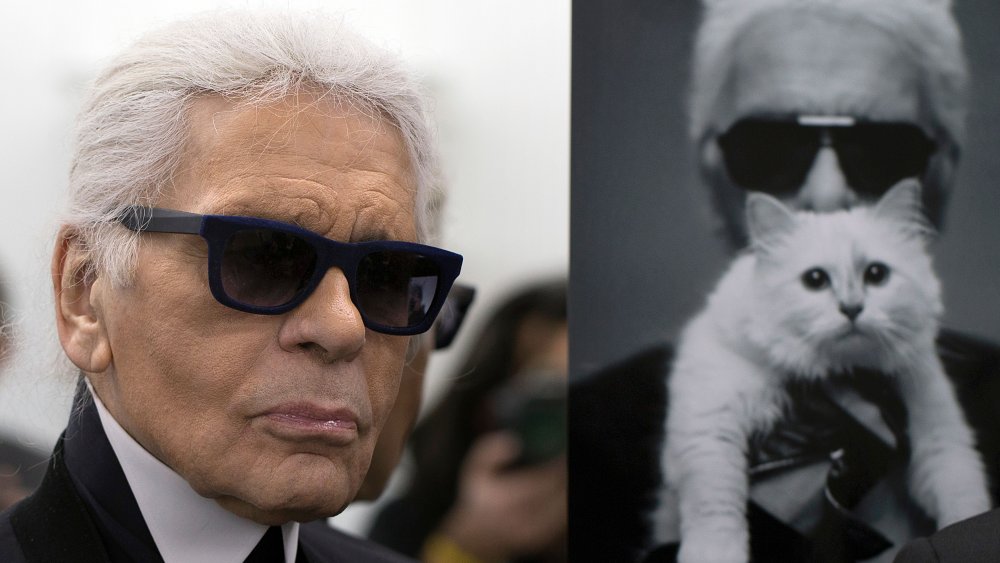Can A Person Actually Leave Money To A Pet?
If the name Leona Helmsley rings a bell, it might be because the late hotel mogul gave bellhops nightmares or because Charles Bell tried to sue her for millions of dollars. As the New York Post details, Bell alleged that Helmsley humiliated and terminated him for being gay. A bitter rival of Donald Trump, she was also accused of proclaiming, "I hate Donald Trump. Donald Trump is gay." In the court of public opinion, Helmsley became hated for saying, "Only the little people pay taxes," according to History. Unsurprisingly, she would serve time behind bars for massive tax fraud.
Helmsley's infamous derisiveness and cruelty towards employees earned her the moniker "Queen of Mean." Even in death, she lived up to her nickname except where her dog, Trouble, was concerned. Despite sounding like the kind of cruel devil who would turn canines into fur coats, she was anything but mean to her beloved Maltese. Charles Bell claimed she forced her hotel's chef to cook meals for Trouble. And when she died, she left $12 million for the dog in her will, via CBS. Technically, Helmsley set up a $12 million trust fund. Her human relatives, however, didn't get half that amount, and some of them walked away empty-handed.
But can a dog really walk away with a paw full of money when their owner kicks the bucket? Did Trouble actually inherit a fortune, and could such an arrangement be legally feasible without a fund?
Naming your pet as an heir is an error
Many people see their pets as family members. But in the eyes of the law, particularly U.S. law, your pet is property, according to NOLO. That makes it a no-no to designate pets as direct beneficiaries in your will. If you insisted on including your pet as an heir, the money would likely go to whomever you named as a "residual beneficiary," the person who gets the leftovers in your will. If you don't have one of those, the dough would go to your next closest human relative as defined by your state's "intestate succession" laws.
However, you can still make sure your briefly devoted goldfish is taken care of through a trust. If you wanted to assign someone as the pet's caretaker and the recipient of the money, you would opt for a living trust. Alternatively, you could set up a pet trust, which requires someone to take care of the pet using money reserved exclusively for that purpose. Or you could entrust your pet to an organization that looks after pets.
Outside the U.S., the rules may vary. For example, in 2019, CBS reported that deceased fashion designer Karl Lagerfeld could have left his Burmese cat a fortune .Lagerfeld had lived in his native Germany at the time of his death, but he resided in France, which doesn't permit interspecies transfers of wealth.

